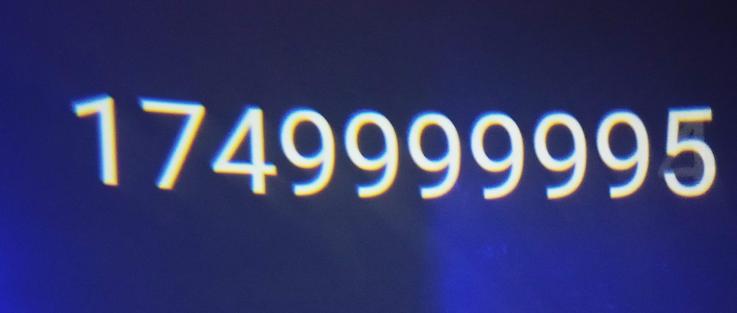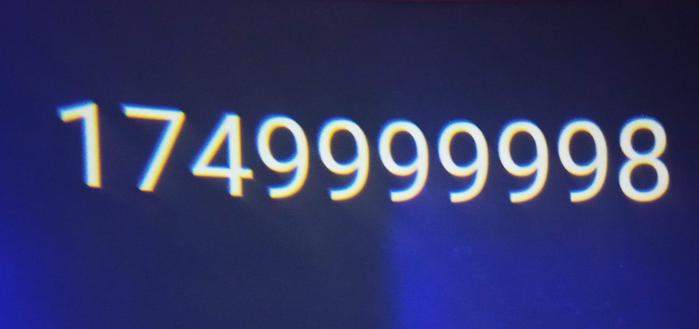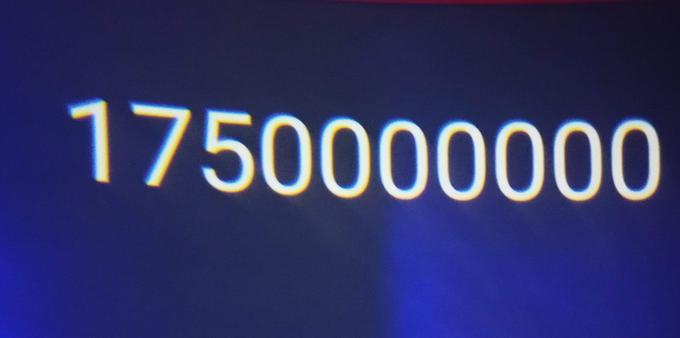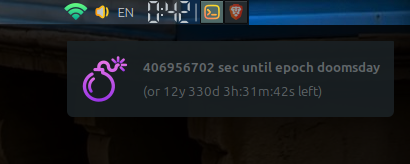@beoz @marcel naja, soweit der Zug nicht in den frühen 90ern gebaut wurde und #amd64 unbezahlbar noch #64bit-#Unixtime ad #32bit-Systemen implementiert war betrachte ich das schon als Verletzung der #Berufsethik als #IT'ler.
Ronny Schäfer Stimme: "Die wissen doch wie lang so'n Zug runfährt, oder?"




